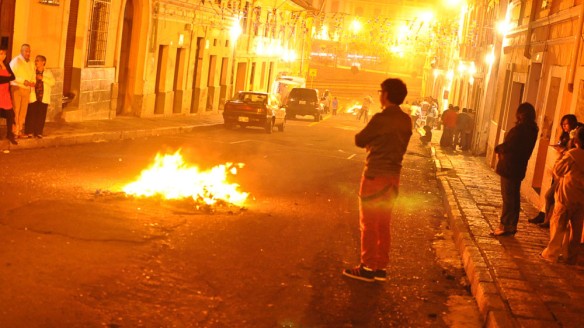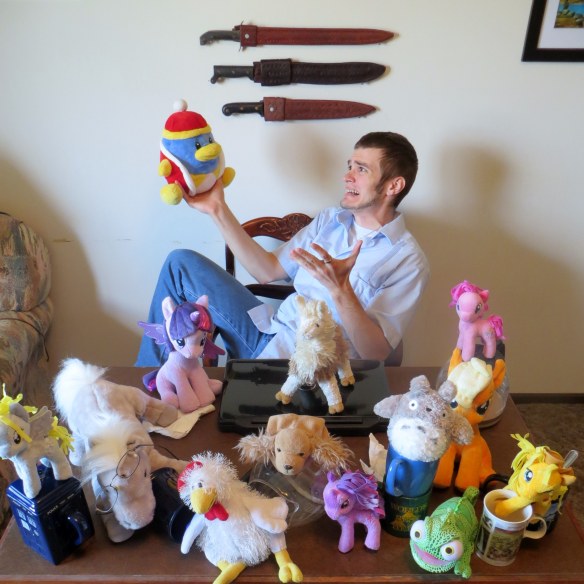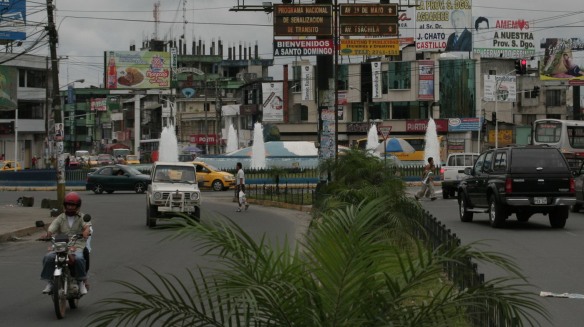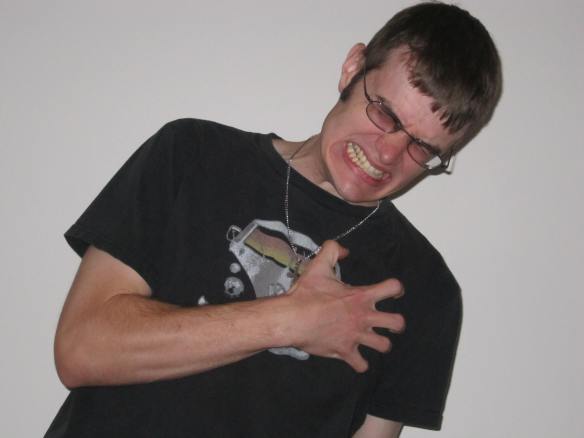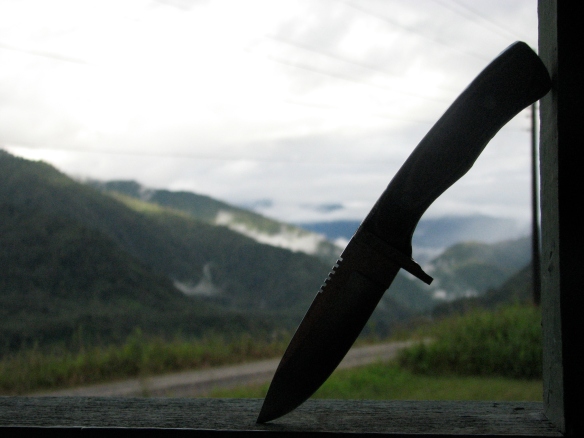The end of the year approaches. Since my town won’t allow me to practice my cherished New Year’s tradition of building a bonfire in the street, I must settle for reminiscing over memories of days gone by.
This blog began with a That Time I _____ post, and it seems only fitting to squeeze in one more before the end. A lot has happened since that first post. I want to share today of That Time I Wrote a Blog. It was, admittedly, quite a long time: more than five years, in fact. That time is almost done, and as both the year and the blog come to a close, I want to spend a few moments looking back.
I started Typewriter Monkey Task Force for several reasons. First, I wanted to make a positive impact on someone, somewhere, through my writing. Second, as I was in the early stages of publishing a novel, I wanted to build an audience through a blog. Finally, starting a blog allowed me keep writing, and I have to write. Writing is a compulsion. I can’t help it.
Did TMTF fulfill any of its purposes? As a matter of fact, it did—but not in the ways I expected.
Over the years, TMTF definitely made a positive impact on someone. It made it on me. Writing blog posts was often therapeutic, and even cathartic. It allowed me to clarify my beliefs, articulate my thoughts, and make sense of my experiences. In writing this blog, I reaped all the benefits of keeping a journal or diary. I meant for TMTF to help someone who read it, but the person it helped most was the one who wrote it.
This blog never built the audience I wanted, but allowed me to build something even better: friendships. I met people through TMTF whom I would never have known otherwise. I thanked some of them in my last post.
To be fair, TMTF fulfilled one of its purposes exactly as intended: it allowed me to keep writing. I like to think I’ve grown as a writer and storyteller since starting this blog. At any rate, the countless hours of writing did me no harm.
A lot has happened since I started TMTF all those years ago. Here are some significant events that occurred in my life since I started this blog:
- I earned a bachelor’s degree.
- I decided not to use my bachelor’s degree.
- I spent time overseas.
- I wrote a novella.
- I published a novel.
- I watched my novel crash and burn.
- I got a job, quit, got another job, and then switched to a new job under the same employer.
- I abandoned my dream project.
- I resurrected my dream project.
- I discovered new geeky interests, from Metal Gear Solid to Doctor Who to My Little Pony: Friendship Is Magic.
- I made some new friends.
- I lost an old friend.
- I nearly left my faith.
- I didn’t leave my faith.
- I acquired a cat.
So yeah, this blog’s lifespan covers quite a chunk of mine. It’s a bit surreal to think TMTF is almost done. Come back in a couple of days for the final Geeky Wednesday post, and on Friday for this blog’s EPIC FINALE!
All right, fine, the last post won’t be particularly epic. It will be final, though. I hope to see you there!

